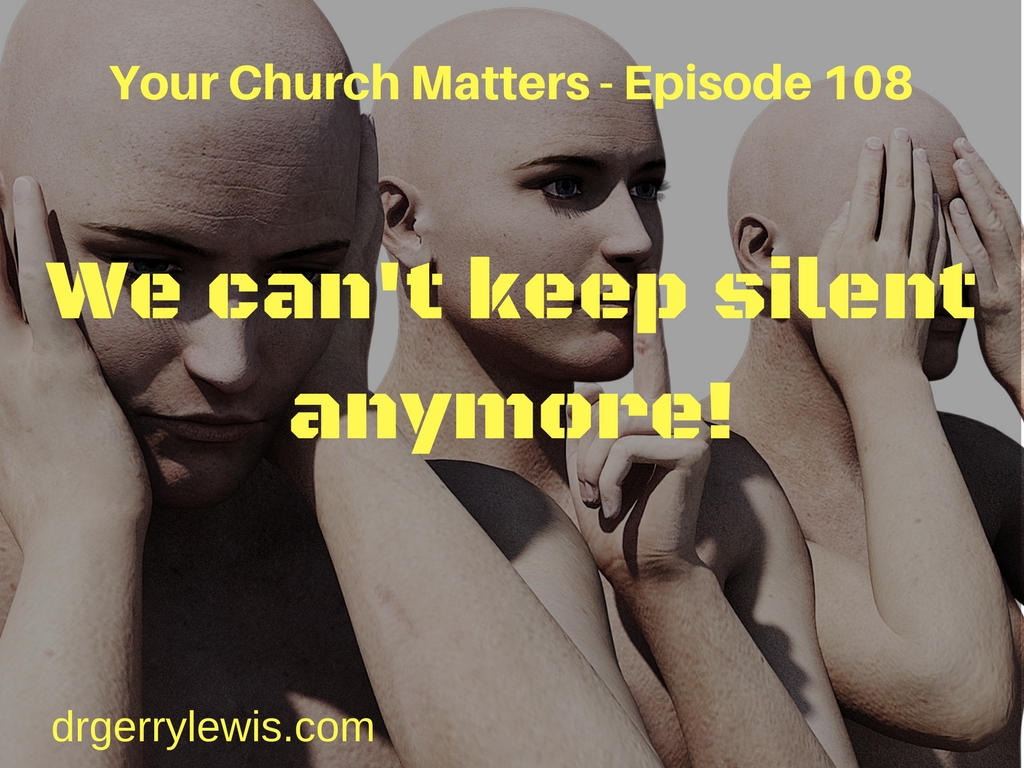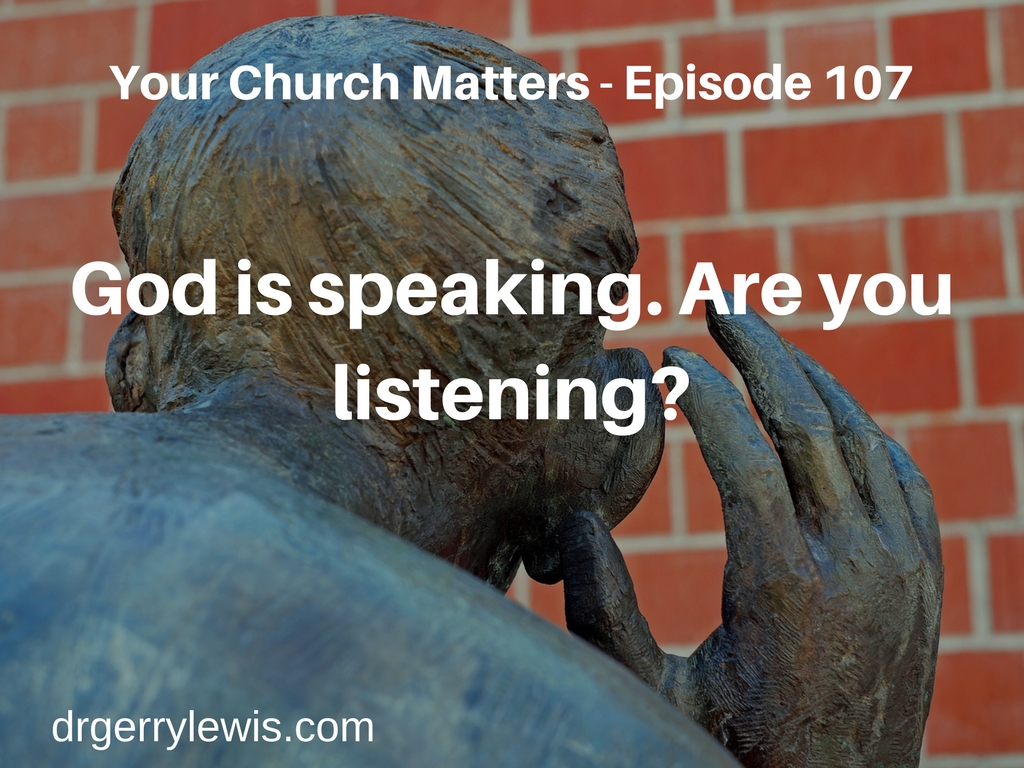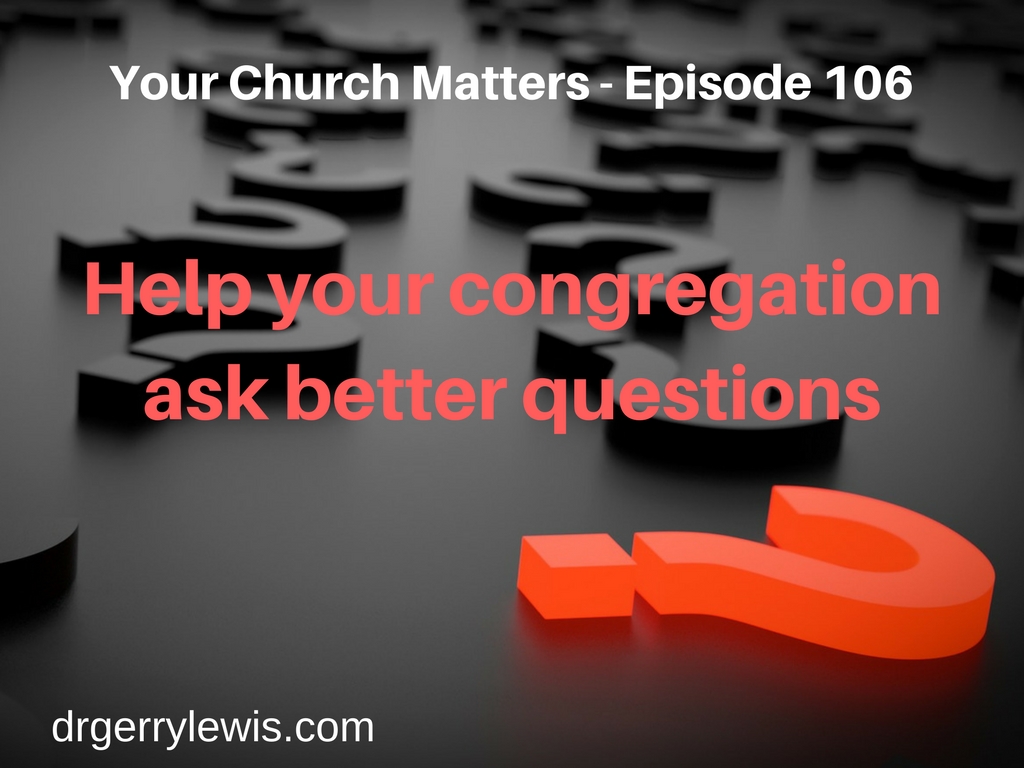
Welcome to Season 2 of the Your Church Matters podcast. In this episode (60), I shared some thoughts on one of the most life-changing resources I have ever encountered: COACHING.
Podcast: Play in new window | Download
Subscribe: RSS
My coaching journey
I began my training with Coaching4Clergy in January, 2010. I started coaching clients in February of that year and have logged over 200 hours of coaching.
I am a graduate of Professional Coach Training through Coaching4Clergy.
I hold the Associate Certified Coach (ACC) accreditation with the International Coach Federation.
I am a certified Trainer with Coaching4Clergy to conduct Basic Coach Skills Training and have trained more than 25 people in basic coaching skills.
Use of the skills of coaching has become central to everything I do. I even preach, speak, teach, and write differently than I did before I developed the skills of coaching.
I also started working with a coach in February of 2010 and continue to this day.
It’s all about what you know: 4 Things I learned from J. Val Hastings (Coaching4Clergy)
- There are things that you don’t know that you don’t know (DKDK). Those things are pretty much irrelevant to you. They are not even on your radar. If something comes up and brings them to your attention then they move to the second category.
- There are things that you know that you don’t know (KDK). Once you become aware of something you don’t know, you really have three choices:
- You can determine that it is not important enough to your life for you to learn and it is, therefore, still irrelevant.
- You can determine that it is relevant, but not important enough for you to learn personally, so you find a knowledgeable person to become your supplier.
- You can determine that it is necessary for your effectiveness, so you set out to learn about it. You read a book, attend a workshop, or engage a mentor.
- There are things you know that you know (KK). You have done what is necessary to develop a certain degree of competence and confidence. You can both perform tasks and share information effectively and efficiently.
- There are things you don’t know that you know (DKK). Here are areas that you don’t feel confident. You sometimes feel stuck. You have ideas that you are afraid to pursue. You doubt yourself and your abilities. You don’t fully appreciate the greatness that is in you. This is the place for a coach, not to guide you through his or her own expertise and experience, but to use the particular skills of coaching to draw the best of you out of you. Some of those skills include:
- Deep Listening
- Powerful Questions
- Artful Language
- Action and Accountability
- Direct Communication
- Creating New Awareness
A coach uses a particular skill set to draw the best YOU out of you Click To Tweet
What keeps pastors from working with a coach? FEAR!
- Fear of the time required. Can you invest 1 hour per month in something that could exponentially increase your effectiveness in ministry and in life? *Professional coaching is a high-leverage activity. Clients can achieve remarkable progress toward their desired future in less than an hour per month of coaching … A sweet spot for many coaches and clients seems to be three sessions per month for 20 to 45 minutes a session – a miniscule investment of time for the results achieved.
- Fear of cost involved. What is peak performance worth to you? Many coaches will work with you to make it affordable. If you are connected with a denomination or ministry network, there may be coaching available to you for a very nominal cost. (For example, as Executive Director of Harvest Baptist Association, I offer coaching at no cost to the pastors of churches who are cooperating and contributing members of the association). *According to the ICF Global Coaching Client Study commissioned by the International Coach Federation, individual clients reported a median ROI of 3.44 times their investment in coaching. Bottom line, coaching is an investment that can produce monetary rewards above and beyond the cost.
- Fear of admitting you are stuck. Not knowing is not failure. Admitting you don’t have all the answers is not an act of weakness, but of strength. Coaching is not for those who are broken or incompetent. Coaching is for those who are healthy enough to grow. *According to Paul Michelman, editor of Harvard Business School’s Management Update, “whereas coaching was once viewed by many as a tool to help correct underperformance, today it is becoming much more widely used in supporting top producers. In fact, in a 2004 survey by Right Management Consultants, 86% of companies said they used coaching to sharpen the skills of individuals who have been identified as future organizational leaders.”
Admitting you don't have all the answers is not an act of weakness, but of strength Click To Tweet
4. Fear that nothing will really change. Coaching is based on the principles of actually getting things done. Designing specific action and offering powerful support through accountability are foundational to the process. The only way things won’t change is if you refuse to take action. *According to a Manchester Consulting Group study of Fortune 100 executives, the Economic Times reports “coaching resulted in a ROI of almost six times the program cost as well as a 77% improvement in relationships, 67% improvement in teamwork, 61% improvement in job satisfaction and 48% improvement in quality.”
*These quotes come from Robert Pagliarini on CBS.com – Top 10 professional life coaching myths
What are the two most important decisions you can make concerning coaching?
- Decide to work with a trained coach. This does not necessarily mean someone who is certified and accredited, but someone who has been trained in the skills of coaching. Many pastors and church leaders have received solid coach training to implement into their ministries, but are not seeking certification or accreditation. I do recommend that you work with a coach whose training is consistent with the guidelines of the International Coach Federation.
- If you are a pastor or leader of a ministry and are interested in working with me, please go to drgerrylewis.com/nextstep to find information about my coaching process and the complementary session I offer to every potential client.
2. Decide to add the skills of coaching to your ministry toolbox. Learn how to empower others through coaching skills. You will be hard pressed to find a more powerfully effective tool for empowering people to fulfill their kingdom potential.
Some helpful resources:
- Books
-
The Next Great Awakening: How to Empower God’s People with a Coach Approach to Ministry (J. Val Hastings)
-
Ministry 3.0: How Today’s Church Leaders Are Using Coaching to Transform Ministry (J. Val Hastings)
-
Change Your Questions, Change Your Church: How to Lead with Powerful Questions (J. Val Hastings)
-
Professional Coach Training: Developing Leadership Excellence and Effectiveness (J. Val Hastings & Trigena H. Halley)
-
Faith Coaching: A Conversational Approach to Helping Others Move Forward in Faith (Chad W. Hall, Bill Cooper, Kathryn McElveen)
-
- Professional Coach Training
- Coaching4Clergy (Of course I have a personal bias toward this organization, since it is where I received my training). Both online and live training are available.
- International Coach Federation Training Program Search Service
- Basic Coach Skills Training (for those who just want a strong foundation to implement within their current ministry context)
- If you are interested in receiving Coaching4Clergy’s Basic Coaching Skills Training through my organization (live or teleclass), please email me at contactgerrylewis@gmail.com.
- To find other trainers for this content, please go to Coaching4Clergy’s Trainer List (you can find me there as well)
What’s the next step for you? How can I help you?
How you can help me
Subscribe to the podcast in iTunes and give us a rating and review.
We are also on Stitcher.com, so if you prefer Stitcher, please subscribe there.
Share the love by clicking on one or more of the social share buttons at either the top or bottom of this post.
To comment on this episode or leave a question for a future episode:
1. Comment section below
2. Email: contactgerrylewis@gmail.com
3. Voicemail: 817-929-0643
4. Direct tweet @drgerrylewis
*Special thanks to Keith Cooper (Guitar Music)
*Special thanks to Nathan Woodward (Saxophone Music)



